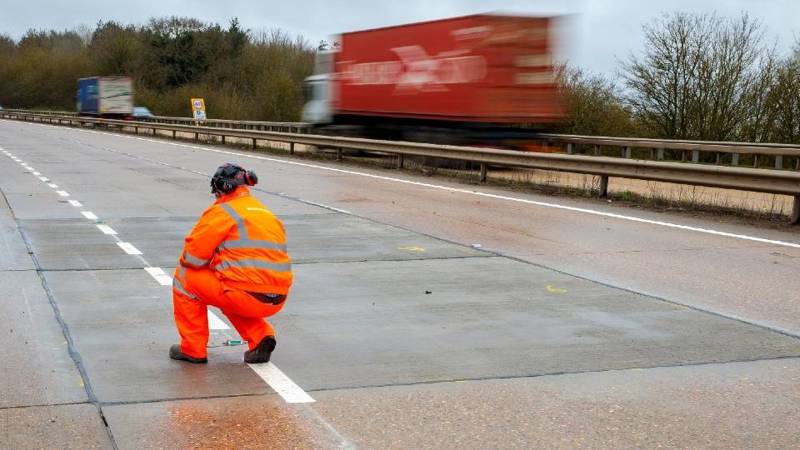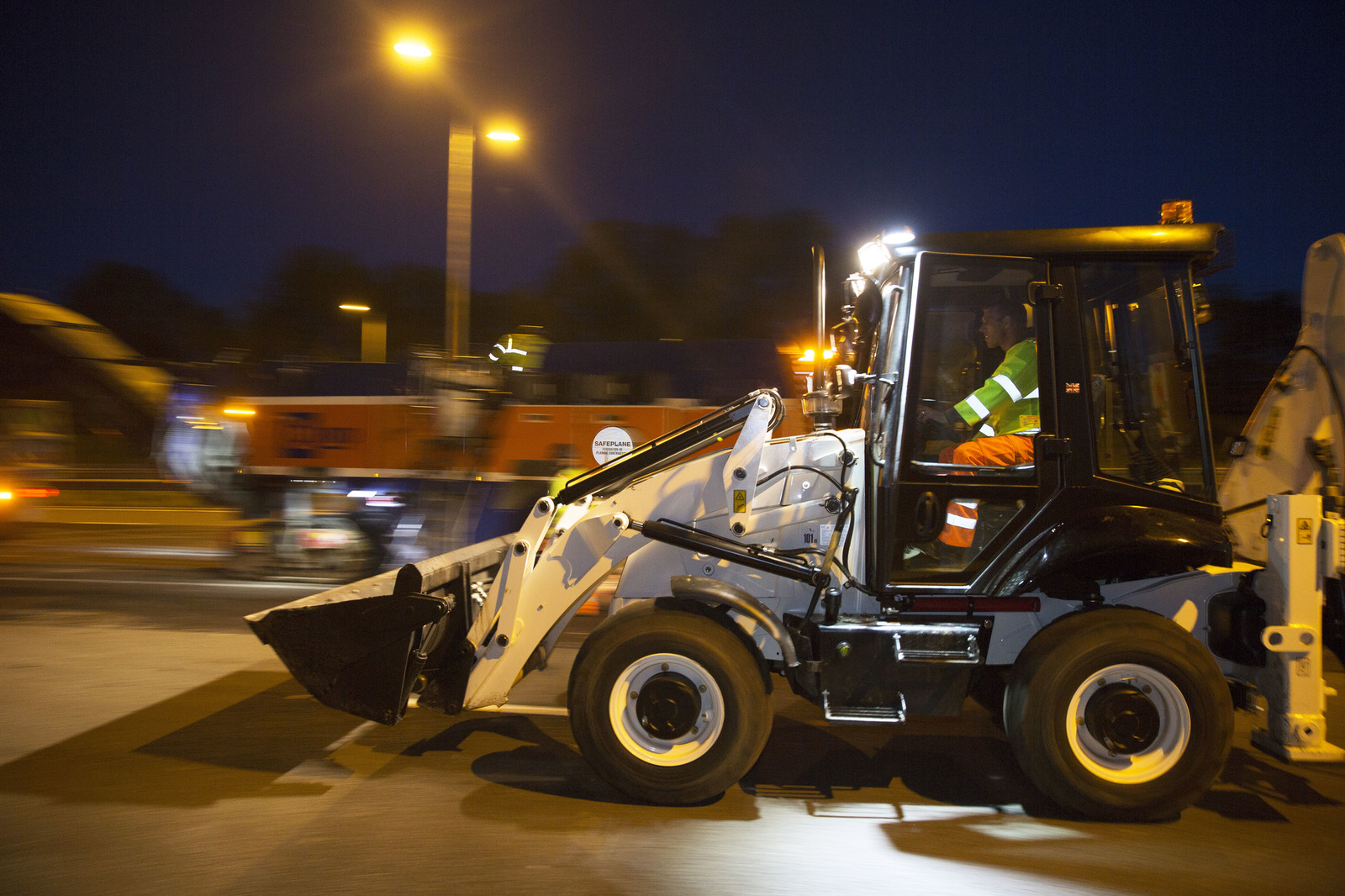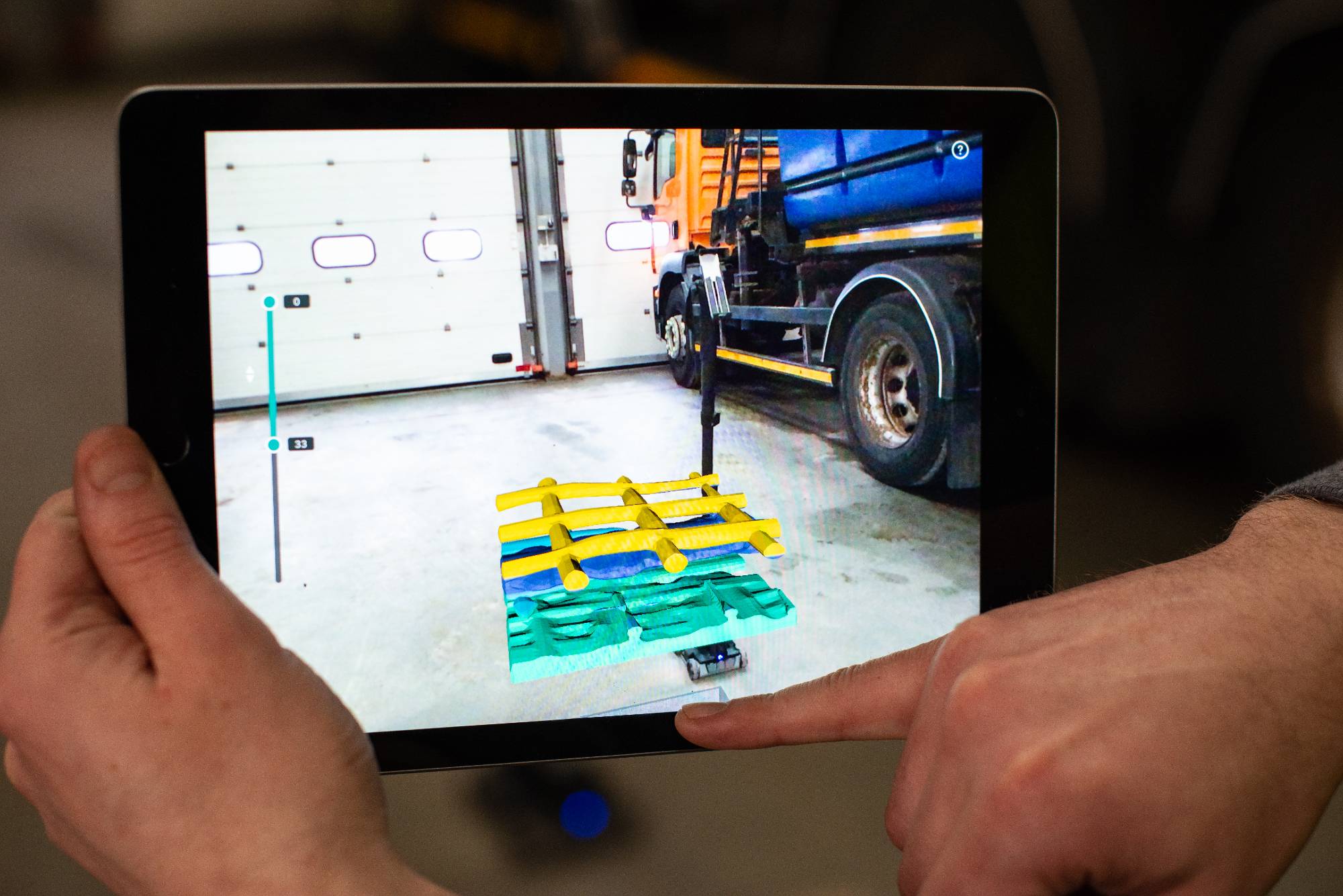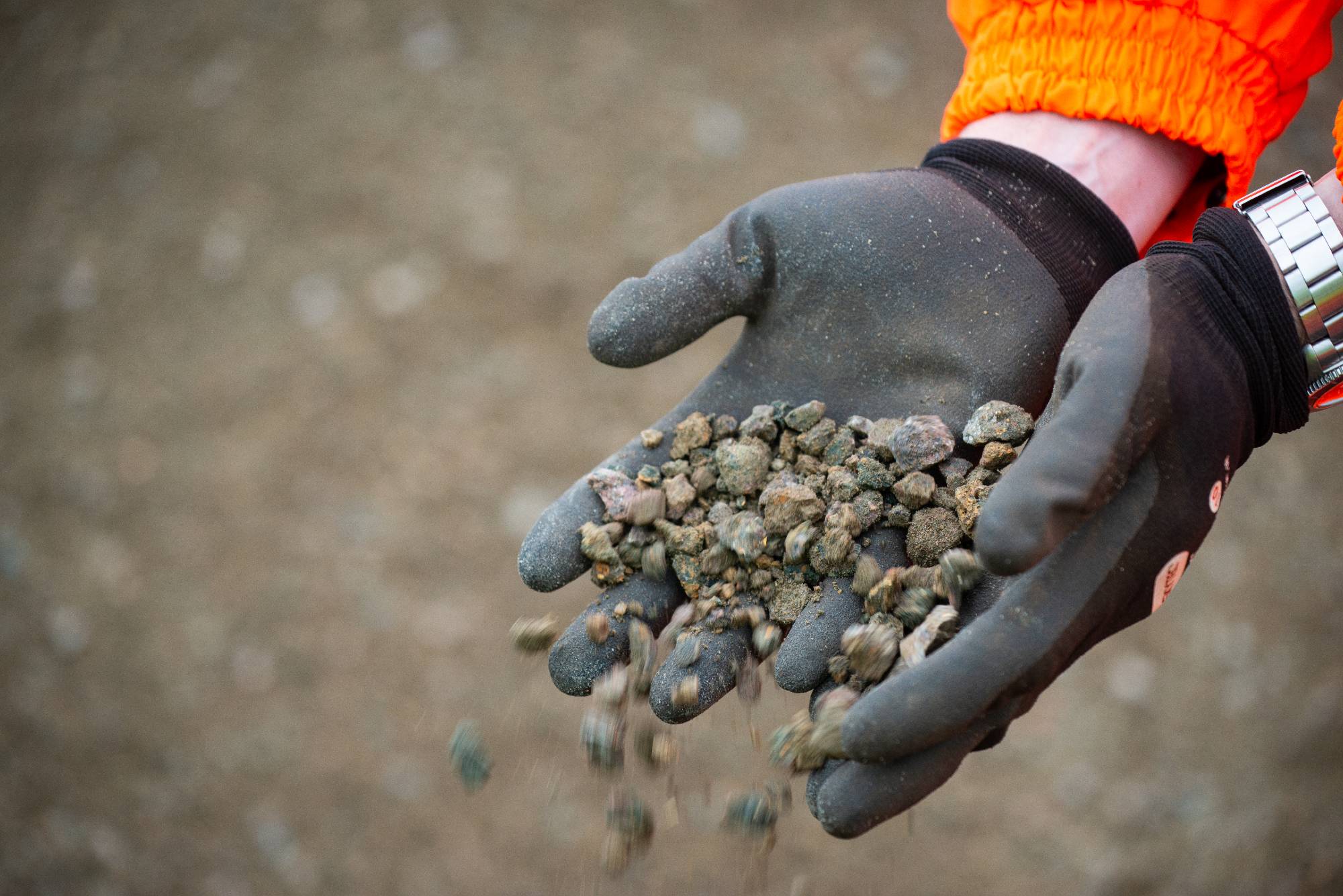National Concrete Roads Programme
Making sure concrete roads remain safe, dependable and durable

Most of our strategic road network is surfaced with asphalt, also known as blacktop or tarmac. However, some roads are built of concrete. These make up around 400 miles (4%) of England’s motorway and long-distance A-road network.
You'll find most concrete roads along the eastern side of England. They're in the North East, Yorkshire, East Anglia and the South East. There are also small stretches in the West Midlands, Merseyside and Greater Manchester.
We built most of these roads in the 1960s and 1970s. Back then, traffic volumes were half what they are today. Concrete roads have proved tougher and longer lasting than asphalt. Over the years they've needed very little maintenance.
But after decades of safe use and hundreds of millions of journeys, these roads are nearing the end of their working lives. They need vital upgrades to stay safe, dependable and durable. Better surfaces will also boost ride quality and reduce noise for many years to come.
National Concrete Roads Programme
This log-term programme will ultimately replace our existing concrete roads with modern roads meeting current standards. It will take many years to achieve this.
Our main task is to prioritise which sections we need to replace first.
At the same time, we'll maintain the remaining roads to extend their life.
When we prioritise a section for replacement, we carry out a full depth reconstruction.
This means we replace the entire road to current standards.
We've delivered several full depth reconstruction schemes, including:
- the A11 at Spooner Row
- the A12 Marks Tay and Margaretting
- the A14 at Haughley
We've also delivered schemes that extend the life of existing concrete roads, like the A46 Six Hills.
Managing road works
While we do this work, we'll keep disruption low for road users and local communities.
We'll co-ordinate our plans with other roadworks and help you plan your journeys. We want to help you continue your normal journeys as much as possible. We'll provide alternative routes and diversions when needed.
We want to make sure our investment means safer, smoother and more reliable journeys for you. We'll respect local communities and the environment too.
You'll find details about individual road works in the Our roads section of this website. Visit our travel updates pages for more information.
We'll also work with local partners to make sure you know about aware of works in advance.

Centre of excellence
Repairing and rebuilding our concrete roads needs new technology and techniques. New methods can cut both costs and the impact on road users and communities.
During this programme, we tested new technologies, tools and processes. This helps us work as quickly and efficiently as possible. We'll be upgrading concrete roads across the strategic road network over the next 20 to 25 years.
We're already using the latest laser technology to check surface conditions. We can do this without fully closing roads. This cuts disruption for you and our neighbours

Protecting the environment
We'll reuse materials from our concrete roads in other projects wherever we can. This lowers our environmental impact. We're also working with our supply chain to develop new techniques that reduce our carbon footprint.
We'll carry out our works to high environmental standards. We'll enhance the environment wherever we can.

